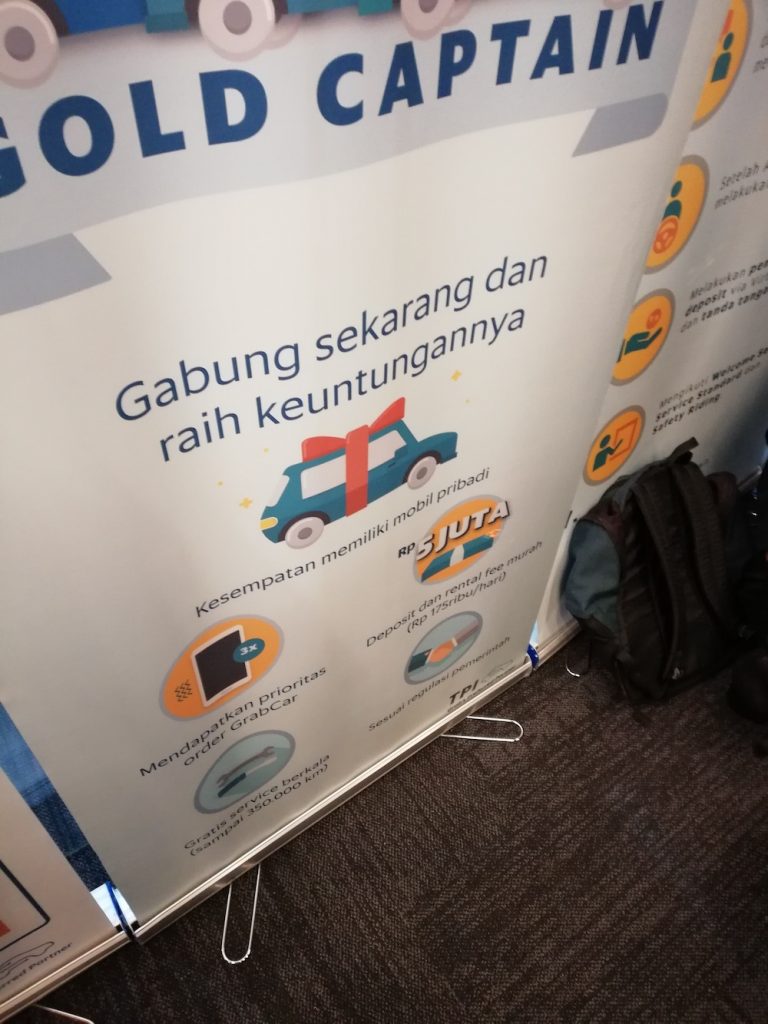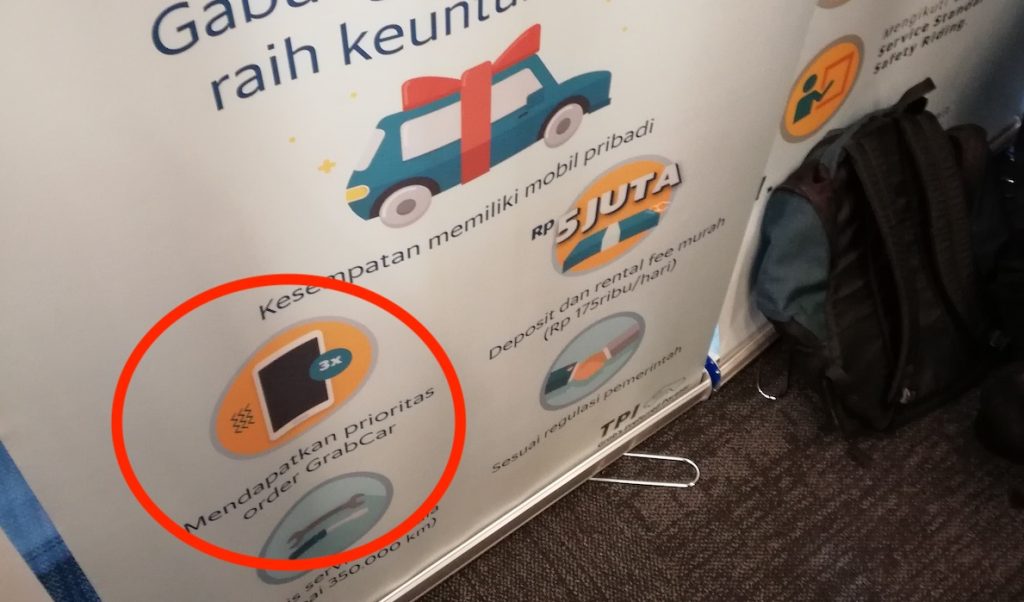Grab Indonesia is in a legal battle with the country’s business competition supervisory commission (KPPU).
The Indonesian branch of ride-hailing platform Grab is accused of favoring drivers who rent cars via the Grab-affiliated company Teknologi Pengangkutan Indonesia (TPI).
KPPU alleges that Grab offered drivers under TPI’s car rental schemes preferential treatment, which included tweaking its algorithm to allocate them more rides than other drivers. This raises important questions about the inner workings of Grab’s matchmaking algorithm.
TPI is a car rental company that works with Grab Indonesia to offer several long-term car lease schemes, with the opportunity for Grab drivers to gain ownership of the car after several years. The programs include the Gold Captain, Gold Star, Green Line, and Flexi Plus schemes. TPI’s company website is currently inaccessible.
According to a local media outlet Detik Finance, KPPU built its case after it received complaints from independent Grab drivers who are members of the Indonesian specialized transport organization in North Sumatra. They reported being disadvantaged by the unfair distribution of orders between TPI and non-TPI driver-partners.
Grab and TPI underwent a third preliminary hearing with KPPU in Jakarta on Tuesday and the details discussed during this hearing have not yet been made public.
However, KrASIA has obtained material from an individual who attended an orientation program at TPI’s office in 2017, at a time when Grab was actively promoting its rental schemes. Grab had announced its intention to pour USD 700 million into its rental program.
During the orientation session, KrASIA’s source received several documents such as sign up forms and was told that drivers in the Gold Captain rental scheme will get “three times higher ride allocation” than non-TPI drivers, among other benefits.
In return, those who take up the TPI rental scheme have to adhere to various strict rules including a 4.5 customer rating minimum, only five order rejections in a day, and being available to take orders for a minimum of 50 to 60 hours per week.
A photo provided to KrASIA by the orientation program participant shows the “3x priority order” offer on a banner inside TPI’s office building.

A USD 1.7 million fine
“If (Grab) is proven guilty, the commission council can impose a maximum fine of IDR 25 billion (USD 1,7 million),” KPPU’s commissioner Guntur Saragih told KrASIA, but also declined to share further details about the case as it is still ongoing.
In addition to priority ride allocation, KPPU takes issue in the way Grab Indonesia and TPI are affiliated, with concurrent positions at the director and commissioner level at the two companies, according to local media reports.
In total, Grab and TPI are alleged to have violated three articles in the law concerning the prohibition of monopolistic practices and unfair business competition, namely article 14 relating to vertical integration, Article 15 related to exclusive deals, and Article 19 related to discriminatory treatment.
Grab Indonesia’s lawyer Hotman Paris Hutapea denied all KPPU allegations. Hutapea insisted this case was not worth pursuing by KPPU because Grab and TPI’s actions did not harm the public interest. In an interview with CNBC Indonesia, he assured that Grab provides equal opportunities to all driver-partners.
Is priority ride allocation fair?

Ride-hailing businesses are, at their core, about matching passengers looking for a ride and drivers looking for an income opportunity in the most efficient way.
Proximity is surely the most important factor in matching drivers and passengers. However, when there are many potential drivers and passengers in one place, other factors become relevant.
How exactly the matchmaking algorithm works is usually not divulged by ride-hailing companies, although Grab does offer some insights via its engineering blog. In a post where it breaks down supply and demand principles in ride-hailing, Grab claims that allocation is the number one goal in ride-hailing. It does not mention that matchmaking differentiates between different driver groups in the system, such as whether they are TPI car renters or not.
The way Grab clearly offered “3x priority ride allocation” in its promotional material, presumably to make the car rental program associated with its platform more attractive to drivers, offers a rare glimpse into how it thinks of and manages its matchmaking algorithm to suit business needs. It raises questions about what can be considered fair in an opaque matchmaking system into which only the platform itself has full insight. In Indonesia, it’s now up to KPPU to decide the case.
Grab Indonesia denied violating any regulations in its partnership with TPI in its response to KrASIA’s inquiries.
“The partnership is established with the simple goal of benefitting all our driver-partners. We know that some of our driver-partners would like to leverage the Grab platform to earn a living, but do not have the means to own a private car. Hence, we have partnered with PT TPI to facilitate driver-partners’ access to cost-effective car rental services so that they can continue to earn a living like many others,” said a Grab Indonesia spokesperson.
“There is no preferential treatment given to driver-partners who are registered with TPI,” he added.
Grab didn’t comment specifically about “3x priority ride allocation” promotion, but said that Grab’s booking system is fair and purely based on performance and merit.
“Grab aims to maintain a positive and respectful user environment for everyone. To promote and encourage quality service amongst our driver-partners, we have driver benefits programs, which include prioritized booking, to reward all eligible driver-partners who have consistently been rated highly by passengers.”
Grab Indonesia said that although the company did not see any violation, it respects and will follow through all the trial processes of this case.
Update: October 13th, added the last six paragraphs to reflect Grab Indonesia’s responses to KrASIA’s request for comments.
